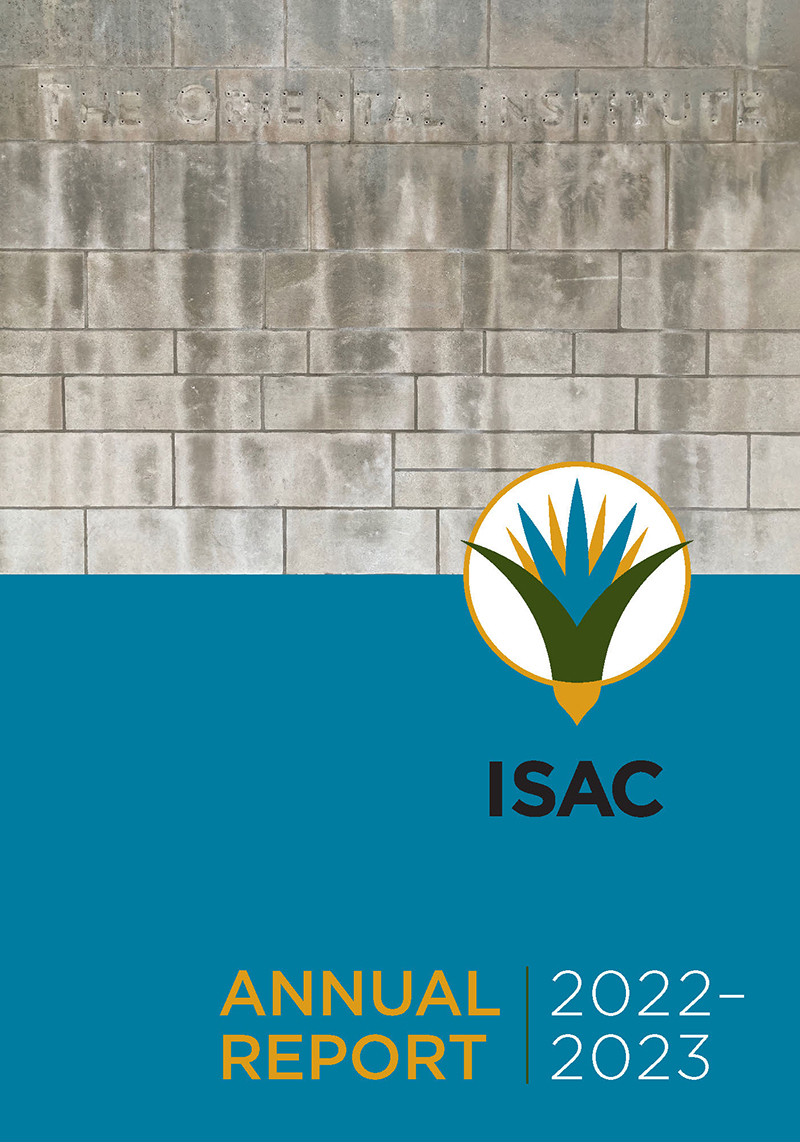This doctoral thesis has two purposes. First, it develops a universally applicable model for the analysis of waste disposal and recycling practices. This model synthesises Schiffer's behavioural analysis of the formation processes of the archaeological record with the history, sociology and anthropology of conceptualisations of dirt. Second, it shows how this model may be applied to ancient Greece. In the tradition of material culture studies, it aims to challenge the entrenched oppositions between archaeology, philology, history and sociology, and to interpret archaeological, epigraphic and literary sources within an integrated theoretical-methodological framework. The model is used to explore various aspects of ancient Greek waste management. It analyses the interdependence of ancient Greek waste management practices with changing concepts of dirt, pollution and cleanliness in the context of the development of the Greek polis. It also examines the universal analytical categories of waste disposal and recycling practices within diverse social and historical situations and settings with a view to analysing the cultural categories of these practices. Practices of disposal and recycling of solid and liquid waste are analysed in various contexts, including sanctuaries, settlements, agorai, and cemeteries, with respect to depositional processes, diversion rate and range of recycling practices. Materials studied include organic waste, potsherds, ostraka, building material, slaughter and consumption waste, funerary implements, votive offerings, architectural features and water. These examples allow the analysis - within the limits of a study using data in an exemplificatory rather than a statistically valid way - of the influence of the concepts of the sacred and the profane on the treatment of waste in ancient Greece and the degrees to which economic, political, social or symbolic aspects of recycling practices were stressed in different contexts.
Type: Thesis (Doctoral) Title: Waste management in ancient Greece from the Homeric to the Classical period: concepts and practices of waste, dirt, recycling and disposal Language: English UCL classification: UCL > Provost and Vice Provost Offices > UCL SLASH > Faculty of S&HS > Institute of Archaeology URI: https://discovery.ucl.ac.uk/id/eprint/1317693























 Stumble It!
Stumble It!
